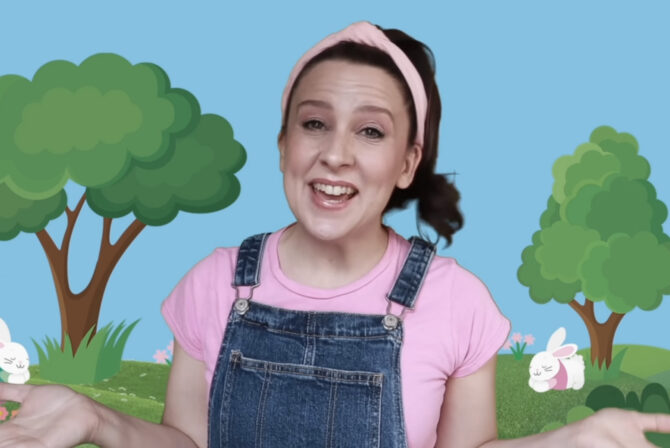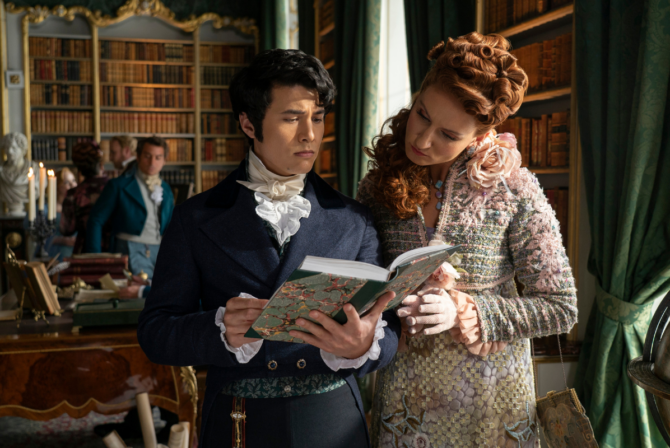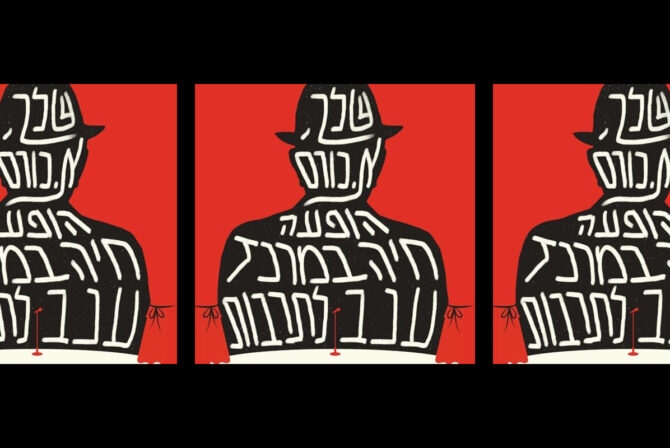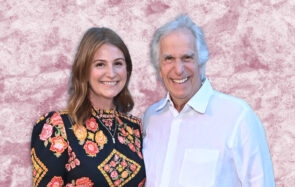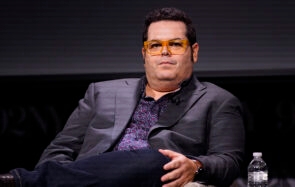Editor’s note: This post is the last entry in our year-long Torah MOMentary series. We are so grateful to Alicia Jo Rabins for taking us through the Torah this year with insight, honesty, and some very cute photos of her kids–as well as all the guest contributors to the series.
This Friday night we read V’zot Haberakhah. To read a summary of the portion and learn more, click here.
Get Kveller's beautiful, step-by-step guide to experiencing Shabbat on your own terms. Order The Kveller Shabbat Guide here.
When my daughter Sylvie turned 2, we decided she was ready to transition from her bedtime bottle of milk to a cup. To prepare her, we told her we were going to say “Goodbye, bottle–hello, cup.” She loved saying it with us: Goodbye, bottle—hello, cup. It seemed to help her understand what was happening. And it helped me understand, too.
Goodbye and hello is the refrain of parenting. From pregnancy to childbirth to the daily work of raising kids, we have to let go of one reality to welcome another in. It starts with letting go of our pre-baby bodies, then our ideas of what childbirth will be like, and then moves on to our babies themselves. Goodbye, dreamy newborn–hello, inquisitive 6-month-old. Goodbye, sweet 1-year-old–hello, crazed toddler. And I’m just at the beginning.
With V’zot Haberakhah, we’ve arrived at the last chapters of the Torah, where we say goodbye to the years wandering in the desert, goodbye to the childhood of the Israelites, and goodbye to Moses himself.
Moses prepares for his death by blessing those who’ve come before him. He addresses a separate poem-blessing to each tribe, naming their forefathers from way back in the book of Genesis. Even though he was born hundreds of years after they died, Moses calls them each by name. He knows who was quick to anger, who was good at fishing, who was especially faithful. Though he never met them, Moses takes care to remember those brothers. Their long-ago actions–fathering the 12 tribes, going down to Egypt–made Moses’ extraordinary life possible. He invokes their names in blessing their descendants.
Moses’ story takes place in a very different world from our modern lives, but we share much of our experiences as humans on this planet. Lots of the important stuff hasn’t changed: Babies are born. They grow up and have babies of their own. And they pass away and leave the earth to their unknown great-great-grandchildren. That’s what happens with Moses in this portion. And that’s what is happening to all of us, right now.
In our extreme close-up experience of parenting young kids, time looks like a big, slow mess of spills, snuggles, tantrums, dances, 3 a.m. nursing sessions, birthdays, child care, delighted squeals on the tire swing, and hour-long walks around the block. But if we pull back a bit we see a very different picture, a great slow turning wheel, a procession of lifetimes. Adam and Eve, the 12 tribes, Moses, our great-grandparents, us, our kids, and their great-grandchildren who we’ll never know. All in this together.
We finish the Torah and then we begin reading over again. We can hop on and off at any time, but the cycle continues. We are all part of this slow turning wheel, this procession of lifetimes.
Kveller readers, it’s time to say goodbye to last year and hello to the new one. I have loved exploring the ups and downs of mama-hood through the Torah this year. Thank you Kveller for hosting this column, and to all of you for reading… and to my sweet little ones, Sylvie and Elijah, for bearing with me as I learn to be a mama, and for loving me through the process.
To read the previous posts in our Torah MOMentary series, click here.
Like this post? Get the best of Kveller delivered straight to your inbox.
